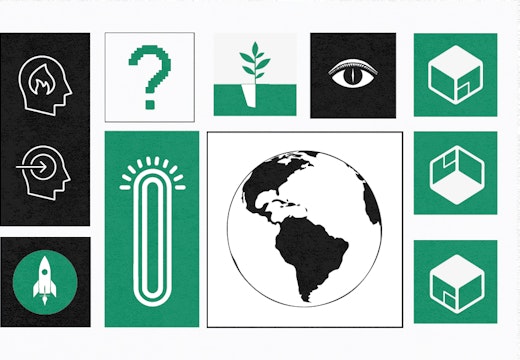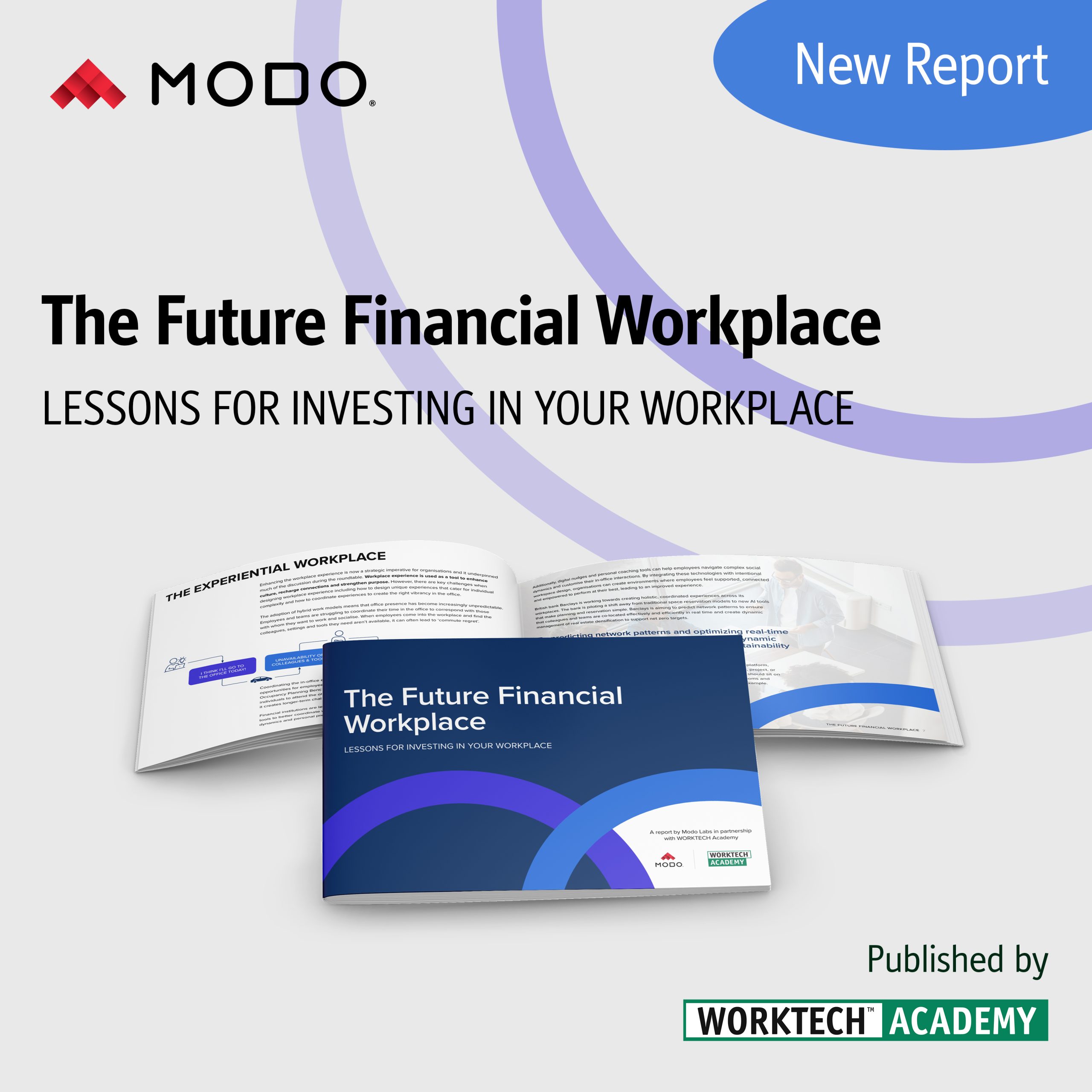Post-effort paradigm: how uncoupling work and reward is reshaping culture
As the link between effort and reward unravels, organisations must rethink how they motivate people, structure progression, and create meaning in the workplace
For over a century, the workplace has operated under Taylorist ideals: effort equals output, output equals reward. But as automation, AI and an algorithm-driven culture come into play, this equation is unravelling at the seams.
As brand strategy expert Jasmine Bina explores in her blog, The Big Decoupling, ‘hard work no longer guarantees reward’. This post-effort paradigm challenges the foundations of how organisations define success, foster motivation, and structure human potential.
AI shaking the career ladder
In the age of generative AI, junior professionals are no longer the default engines of productivity. From drafting reports to generating strategies, AI systems can outperform or shortcut traditional early-career tasks. As a result, the established model of ‘learn, grow, get promoted’ is losing traction. Organisations are now faced with redefining talent development, mentorship, and performance management in an environment where visible effort is no longer the most reliable measure of value.
Meaning beyond metrics
When the link between effort and reward breaks, the pursuit of meaning doesn’t vanish – it shifts. Instead of valuing output alone, people seek fulfilment in connection, creativity, and belonging. The shift is reshaping workplace culture: hybrid meetings become rituals of recognition, storytelling builds emotional cohesion, and office design centres around curiosity and play. Crucially, investing in these experiences doesn’t sacrifice performance, it builds the emotional infrastructure that drives long-term engagement, innovation, and growth. In the post-effort paradigm, meaningful interaction is not a bonus, but the engine of work.
Serendipity replaces strategy
Younger workers, raised in the age of TikTok and sudden virality, now expect fast, random, and non-linear pathways to success. The rigid five-year plan feels outdated, replaced by a desire for serendipity and fluidity in their career paths. As Helen Tupper and Sarah Ellis write in their book, The Squiggly Career, ‘Success is no longer about climbing a ladder. It’s about making moves that matter to you.’ Today’s leaders must adapt by enabling flexible development journeys for their employees and embracing unpredictability as a design feature, not a failure of structure.
Rewriting the operating system of work
This post-effort paradigm creates an opportunity to recode the workplace by:
- Designing spaces that spark chance encounters and unexpected moments of joy;
- Using AI to surprise and provoke, not just to optimise;
- And fostering cultures that value emotional intelligence, shared rituals, and meaning.
As effort becomes uncoupled from reward, organisations must evolve to intentionally focus on meaningful experiences. The new challenge is not just how to extract value, but how to help people feel human at work.








